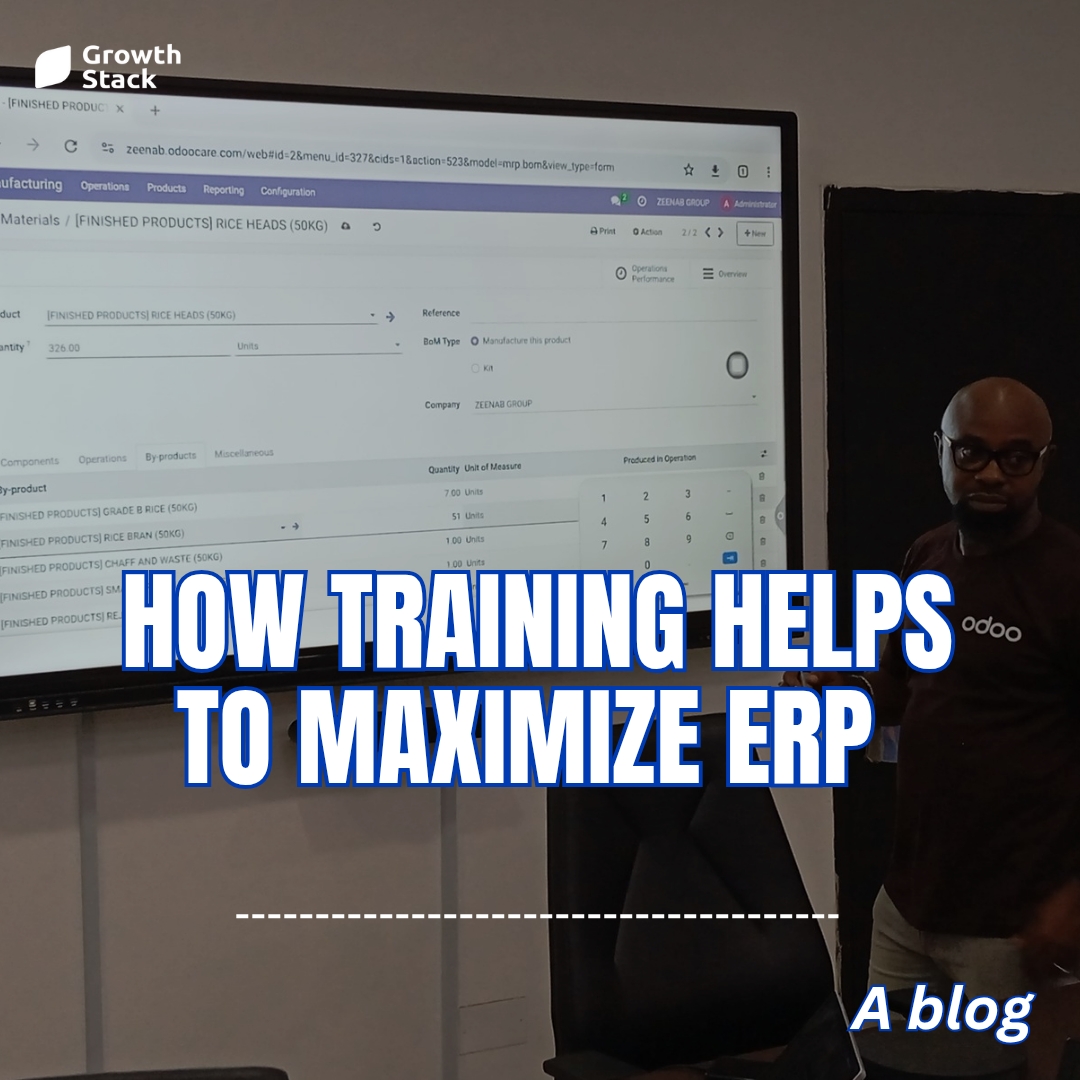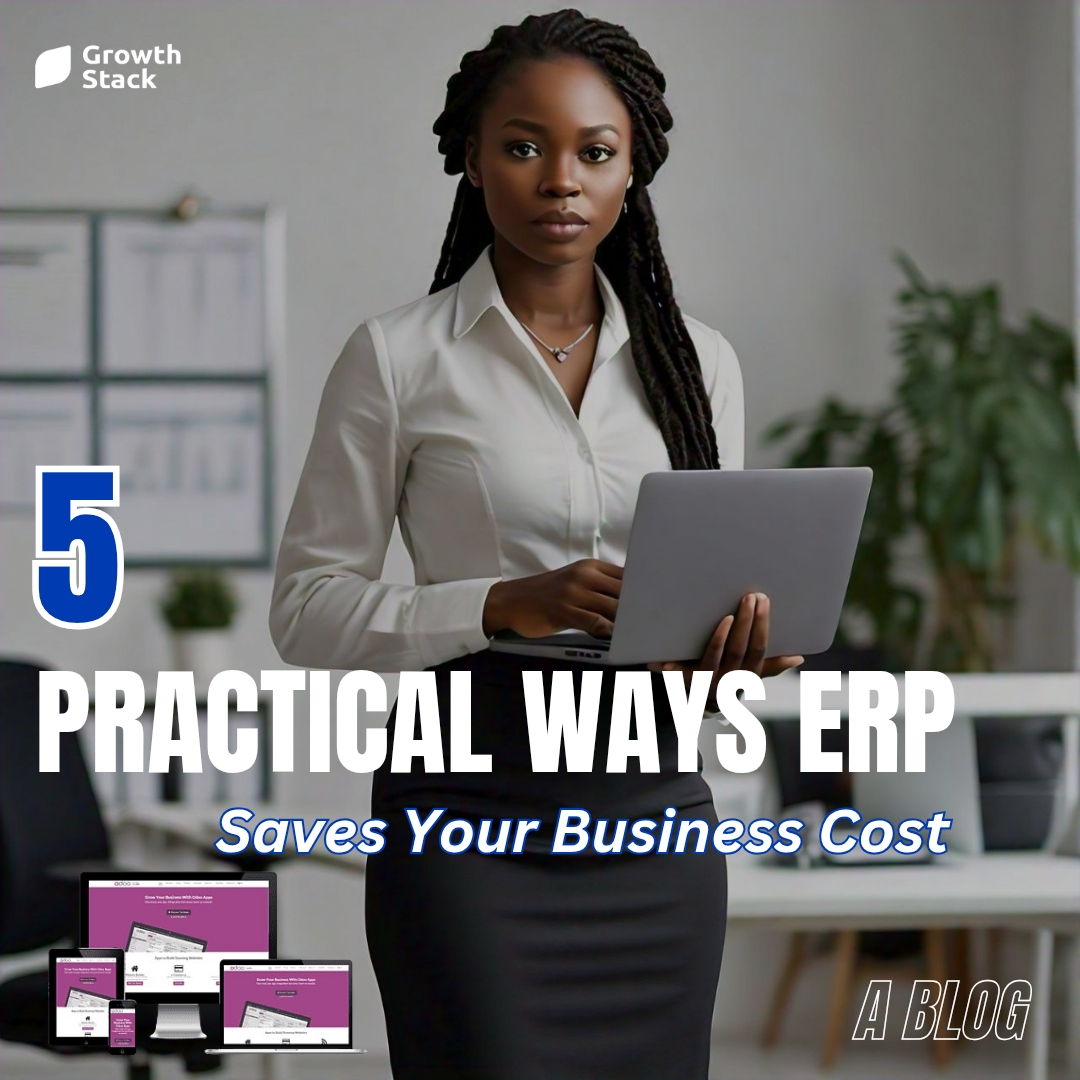Introduction:
Small and medium-sized firms (SMEs) have distinct problems in managing their operations, resources, and growth in today’s competitive business world. SMEs are increasingly turning to Enterprise Resource Planning (ERP) software solutions tailored to their individual needs to remain ahead and maximize productivity. In this post, we will look at the benefits and considerations of deploying ERP software for SMEs in order to help them thrive in a competitive market.
Streamlined processes:
Streamlining processes is one of the key benefits of ERP software for SMEs. ERP combines numerous corporate operations into a consolidated platform, such as finance, inventory management, procurement, sales, and customer relationship management. SMEs may improve their efficiency, minimize errors, and increase overall production by eliminating data silos and manual processes.
Improved Decision-Making Capability:
ERP software gives SMEs real-time access to essential company data and actionable insights. This enables decision-makers to make educated decisions and develop effective strategies. SMEs can monitor performance, discover trends, and make data-driven decisions that drive growth and profitability with comprehensive reports, analytics, and key performance indicators (KPIs) at their fingertips.
Increased Visibility and Control:
Implementing ERP software provides SMEs with increased visibility and control over their operations. Businesses can receive a comprehensive view of their processes, inventory, and financials by combining data from many departments. Because of this visibility, SMEs can identify bottlenecks, optimize resource allocation, improve supply chain management, and handle concerns before they become serious difficulties.
Scalability and Growth:
ERP software offers SMEs a scalable solution that can expand with their company. ERP systems can accommodate expanded data quantities, users, and transactions as SMEs expand their business. This scalability allows SMEs to react to changing company needs, embrace new opportunities, and manage expansion efficiently without requiring substantial software modifications or disruptions.
Cost reductions:
Contrary to popular belief, SMEs can benefit from ERP software adoption and gain cost reductions. SMEs can cut operational expenses by automating manual operations, eliminating errors, and maximizing resource use. Furthermore, ERP software reduces the need for many standalone systems, allowing for more efficient operations and lower IT infrastructure costs.
Considerations for SMEs: When selecting an ERP software solution, SMEs should keep the following considerations in mind:
Scalability: Choose an ERP system that can grow with your business and adapt to changing needs without requiring major modifications or costly upgrades.
Ease of Use: Look for user-friendly ERP software that requires minimal training and can be easily adopted by your team. Intuitive interfaces and simple workflows ensure smooth implementation and user acceptance.
Cost and Return on Investment (ROI): Evaluate the total cost of ownership, including licensing, implementation, training, and ongoing maintenance. Assess the potential ROI by considering the benefits of increased productivity, streamlined processes, and improved decision-making.
Vendor Support: Select an ERP software vendor that offers comprehensive customer support, regular updates, and ongoing assistance. Prompt and reliable support is essential for smooth operations and timely issue resolution.
Conclusion:
ERP software is not solely for large corporations. Its benefits can be used by SMEs to streamline operations, improve decision-making, increase visibility, and achieve scalability. SMEs can maximize resource use, accelerate growth, and achieve a competitive advantage in the market by installing an ERP system adapted to their needs. Accept ERP software as a success accelerator and boost your SME to long-term growth and profitability.













